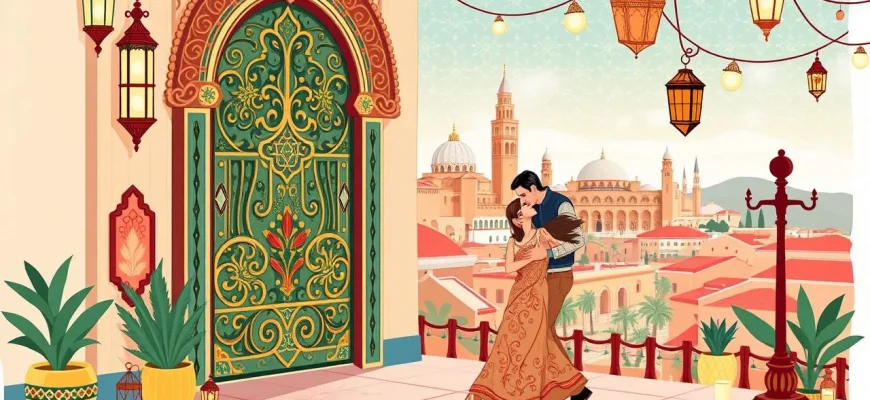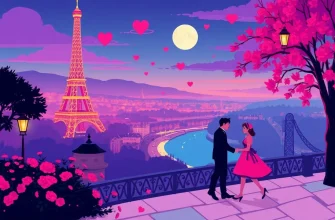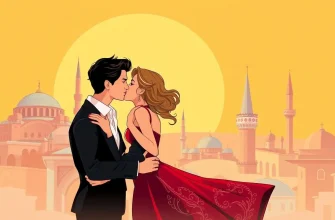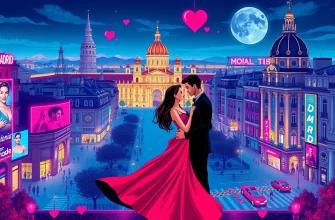Morocco, with its rich cultural tapestry and breathtaking landscapes, has long been a muse for filmmakers. This curated collection of 10 melodramas set in or inspired by Morocco offers a unique glimpse into the complexities of love, passion, and cultural intricacies. From tales of forbidden romance to stories of enduring love, these films not only entertain but also provide a deeper understanding of Moroccan life and its romantic allure.
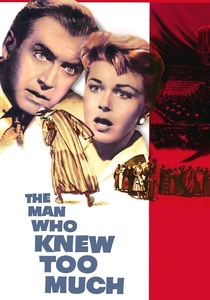
The Man Who Knew Too Much (1956)
Description: While not a traditional melodrama, this Hitchcock thriller includes a significant Moroccan setting where the plot unfolds around a kidnapping and a political assassination.
Fact: The film features the famous song "Que Sera, Sera," which won the Academy Award for Best Original Song. The Moroccan scenes were shot in Marrakesh.
 Watch Now
Watch Now
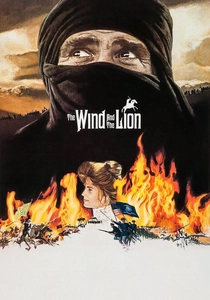
The Wind and the Lion (1975)
Description: This adventure film, set in early 20th-century Morocco, involves a kidnapping that leads to an unexpected romance between an American woman and a Berber chieftain.
Fact: The film was inspired by real events, though it takes significant liberties with history. Sean Connery's portrayal of the Berber leader was critically acclaimed.
 Watch Now
Watch Now

The Last Temptation of Christ (1988)
Description: While not strictly a melodrama, this film includes scenes set in Morocco, exploring themes of love, temptation, and spiritual conflict.
Fact: The film was shot in Morocco to represent ancient Israel, providing a unique backdrop for the narrative. Martin Scorsese directed this adaptation of Nikos Kazantzakis' novel.
 Watch Now
Watch Now
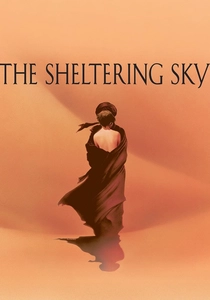
The Sheltering Sky (1990)
Description: This film, based on Paul Bowles' novel, follows an American couple's journey through Morocco, where they confront their own desires and the harsh realities of their relationship.
Fact: The film was shot on location in Morocco, providing an authentic backdrop to the story. Debra Winger and John Malkovich give compelling performances as the disillusioned couple.
 Watch Now
Watch Now
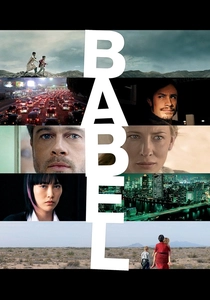
Babel (2006)
Description: This multi-narrative film includes a storyline set in Morocco, where a tragic misunderstanding leads to a family's ordeal, exploring themes of communication and love across cultures.
Fact: The film was shot in four different countries, with Morocco providing a key setting for one of its interconnected stories. It won the Golden Globe for Best Motion Picture - Drama.
 Watch Now
Watch Now

The Source (2011)
Description: This film, set in a Moroccan village, tells the story of women who use a sex strike to demand a water pipeline, intertwining themes of love, community, and empowerment.
Fact: The film was inspired by the ancient Greek play "Lysistrata" but set in a modern Moroccan context. It was shot in the Atlas Mountains, providing a stunning visual narrative.
 Watch Now
Watch Now
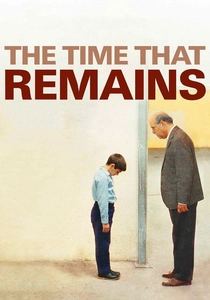
The Time That Remains (2009)
Description: While primarily set in Palestine, the film includes scenes in Morocco, reflecting on love, family, and the passage of time in a politically charged environment.
Fact: Directed by Elia Suleiman, the film blends personal history with political commentary, offering a unique perspective on life in the Middle East.
 Watch Now
Watch Now
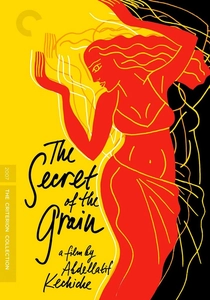
The Secret of the Grain (2007)
Description: Although primarily set in France, the film delves into the life of a Tunisian immigrant with scenes in Morocco, focusing on family, food, and cultural identity.
Fact: The film won the César Award for Best Film and was praised for its realistic portrayal of immigrant life. It features a memorable scene where the protagonist's family prepares a traditional couscous dish.
 30 Days Free
30 Days Free
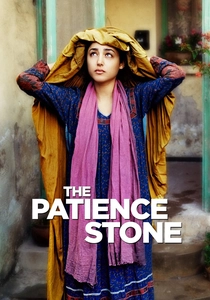
The Patience Stone (2012)
Description: Set in an unnamed war-torn country, this film includes scenes that could be reminiscent of Moroccan settings, focusing on a woman's monologue to her comatose husband about their love and life.
Fact: The film is based on a novel by Atiq Rahimi, who also directed the movie. It was shot in Morocco, providing a backdrop for its universal themes of love and resilience.
 30 Days Free
30 Days Free

Marock (2005)
Description: Set in Casablanca, this film explores the love story between a Muslim girl and a Jewish boy, highlighting the cultural and religious tensions in Moroccan society.
Fact: "Marock" was controversial upon release due to its depiction of interfaith relationships in Morocco. It was the first Moroccan film to be selected for the Cannes Film Festival.
 30 Days Free
30 Days Free

